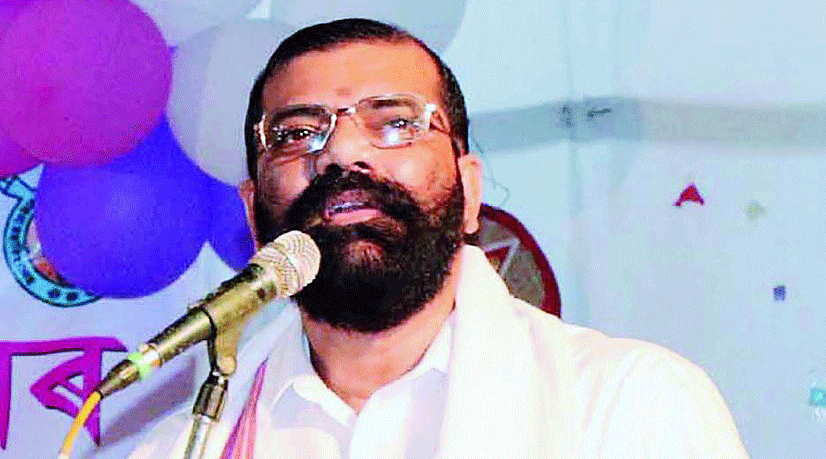The draft Environment Impact Assessment (EIA) Notification, 2020, is beginning to emerge as a new flashpoint between the Centre and the Northeast.
EIA is a process under the Environment (Protection) Act, 1986, preventing industrial and infrastructure projects from being approved without proper evaluation and scrutiny. But activists in the region believe it will harm the interests of the Northeast, especially since it allows post-facto clearance of projects in eco-sensitive zones, among others.
This means that if a project comes up without environmental safeguards or clearances, it could still carry out operations under the provisions of the new draft.
The North East Students’ Organisation (Neso), comprising eight leading student bodies, has not only started mobilising support for a protracted agitation on the draft EIA but has also moved Union environment, forest and climate change minister Prakash Javedekar seeking the scrapping of the “anti-people, anti-Northeast” notification.
Neso adviser Samujjal Bhattacharjya told The Telegraph on Tuesday that the organisation’s chairman, Samuel B. Jyrwa, and its secretary general, Sinam Prakash Singh, have written to Javadekar two days ago expressing their reservations on the draft EIA. “We want the draft scrapped because we feel it seems to be a design, among others, to exploit the Northeast’s natural resources by taking away the democratic right of the local people to protest or be heard on harmful projects. Moreover, we don’t understand why it is pushed amid the Covid-19 pandemic. How will the public participate in the hearing when the government has asked them to stay at home? We were and are against CAA and against the EIA,” Bhattacharjya, also the chief adviser of the All Assam Students' Union, said.
A few of the proposals in the draft EIA that Neso and other organisations fear will adversely impact the Northeast include:
- Cutting down public response time and public hearing from 30 days in EIA notification of 2006 to 20 days. It was mandatory to carry out a public consultation and hearing of the objections, if any, of the project-affected people under EIA 2006
- Nearly 40 projects, such as solar and thermal power plants, have been exempted from environment clearance
- Projects falling within 100km aerial distance from line of actual control exempted from the purview of public consultation
- Regularising industries which have commenced operations without obtaining prior environmental clearance by proposing to grant post facto clearance
- Projects under category B2 (manual mining, dredging and desilting, solar power thermal plants, solar parks, industrial housing, minor irrigation projects, thermal power plants, among others) exempted from public consultation and expert appraisal which is ultra vires to the parent Act.
Apart from writing to the environment ministry, Neso has appealed to all chief ministers, leading organisations and individuals of the northeastern states to “stand up” against the draft EIA and spell out their stand by the August 11 deadline set by Delhi High Court for filing suggestions/objections to the notification.
“We are for development but not development at the cost of nature and our democratic rights to be heard. This draft EIA has watered down EIA 2006. It is heavily loaded in favour of project developers/promoters,” Bhattacharjya said, adding that all Neso constituent members will be filing separate representations.
Leader of the Opposition in Assam, Debabrata Saikia, Krishak Mukti Sangram Samiti (KMSS), Asom Jatiyatabadi Yuba Chatra Parishad (AJYCP), Aaranyak, a leading society for biodiversity conservation, have also voiced their opposition to the draft EIA.
Gauhati High Court advocate Biswajit Choudhury said the 83-page draft EIA seeks to introduce substantial changes which are divergent from the Environment (Protection) Act, 1986, and the rules framed under it.
“The draft EIA is also contrary to the constitutional mandate of the state to protect the environment under the Public Trust Doctrine, and the standards set out in international conventions, including the Rio Declaration (1992) and the Paris Agreement, 2015,” Choudhury said.
Saikia, in a July 23 letter to Javadekar, said the draft EIA is objectionable primarily because it paves the way for posto-facto clearance of projects in eco-sensitive zones and sidesteps inputs by communities likely to be adversely affected.










